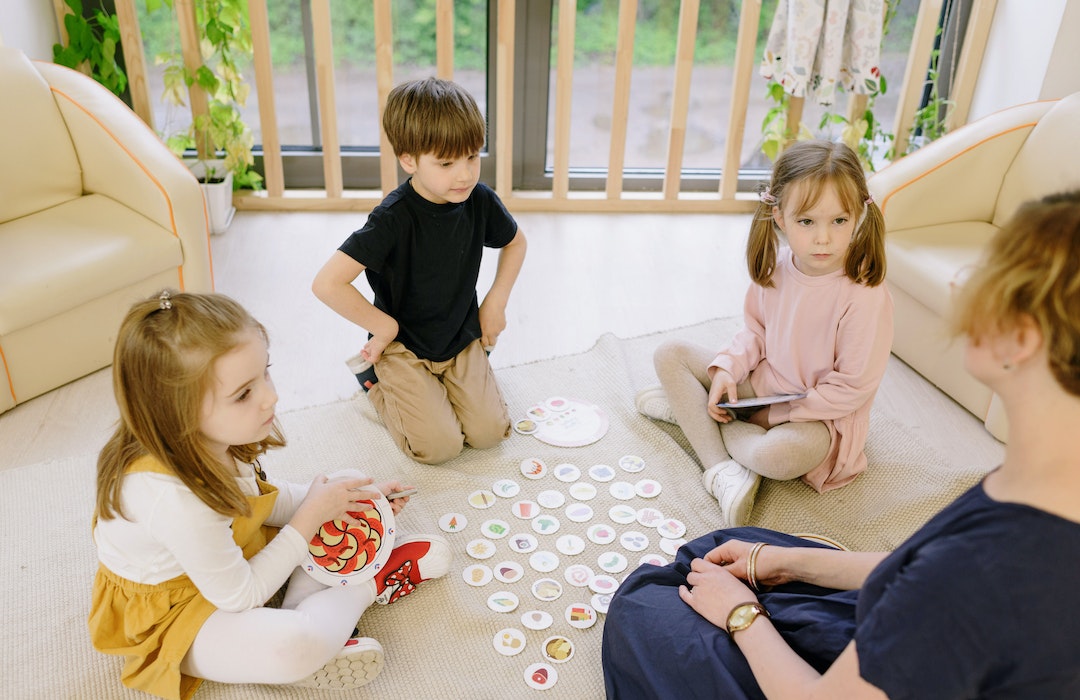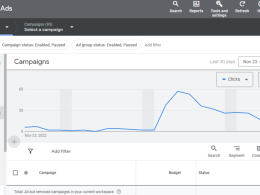Running a daycare is hard work! It’s easy to get overwhelmed thinking about the many things you need to do, but with this guide, we’ll take it step by step, making it a little more manageable. (Also Read: How to Create a Marketing Plan for Startups)
What is a daycare?
How to find the right location and lease?
Once you’ve found the perfect location, the next step is to negotiate a lease with the landlord. Be sure to get everything in writing, and don’t hesitate to ask for help from a lawyer or accountant if needed. Make sure you understand all of the terms of the lease agreement before signing anything.
Do I need a license?
First, you’ll need to contact your local child care licensing office and find out what the requirements are for starting a daycare in your area. Once you have all of the necessary information, you’ll need to fill out an application and submit it to the licensing office.
After your application has been reviewed and approved, you’ll be required to pass a background check and complete some additional paperwork. Once all of that is finished, you should be able to receive your license and start operating your daycare!
What are the benefits of starting a daycare?
What Things Should I Consider Before Starting a Daycare?
Another thing to consider is whether you have the time to commit to running a daycare. It can be demanding, and you will need to be available during the hours that your daycare is open.
You will also need to think about staffing. You will need at least one other adult to help you with the children. This person should be reliable and patient, as well as CPR-certified.
Finally, you need to consider the cost of starting and running a daycare. There are many upfront costs, such as licensing fees, insurance, and supplies. You will also need to pay your staff members. It is important to create a budget and make sure that you are prepared for the financial commitment of starting a daycare.
What are the common types of childcare?
Home-based daycare is the most traditional form of child care. In this type of setting, the caregiver comes to the child’s home to provide care. This can be a great option for parents who want their children to be in a smaller, more intimate setting. It can also be more affordable than other types of care. However, it can be difficult to find reliable caregivers, and there is less oversight than in other types of daycare.
Center-based daycare is a more formal type of child care. These businesses are often licensed and regulated by the state. They typically have employees who have been trained in early childhood education and child development. Center-based daycare can be more expensive than home-based care, but it also often provides more structure and educational opportunities for children.
Club-based daycare is a newer type of child care that is becoming increasingly popular. In this type of setting, families join a club or co-op and share responsibility for providing childcare for all of the members’ children. This can be a great option for families who want to save money on childcare costs and meet other families. (Also Read: How to Write a Great Business Plan: The Ultimate Guide)












